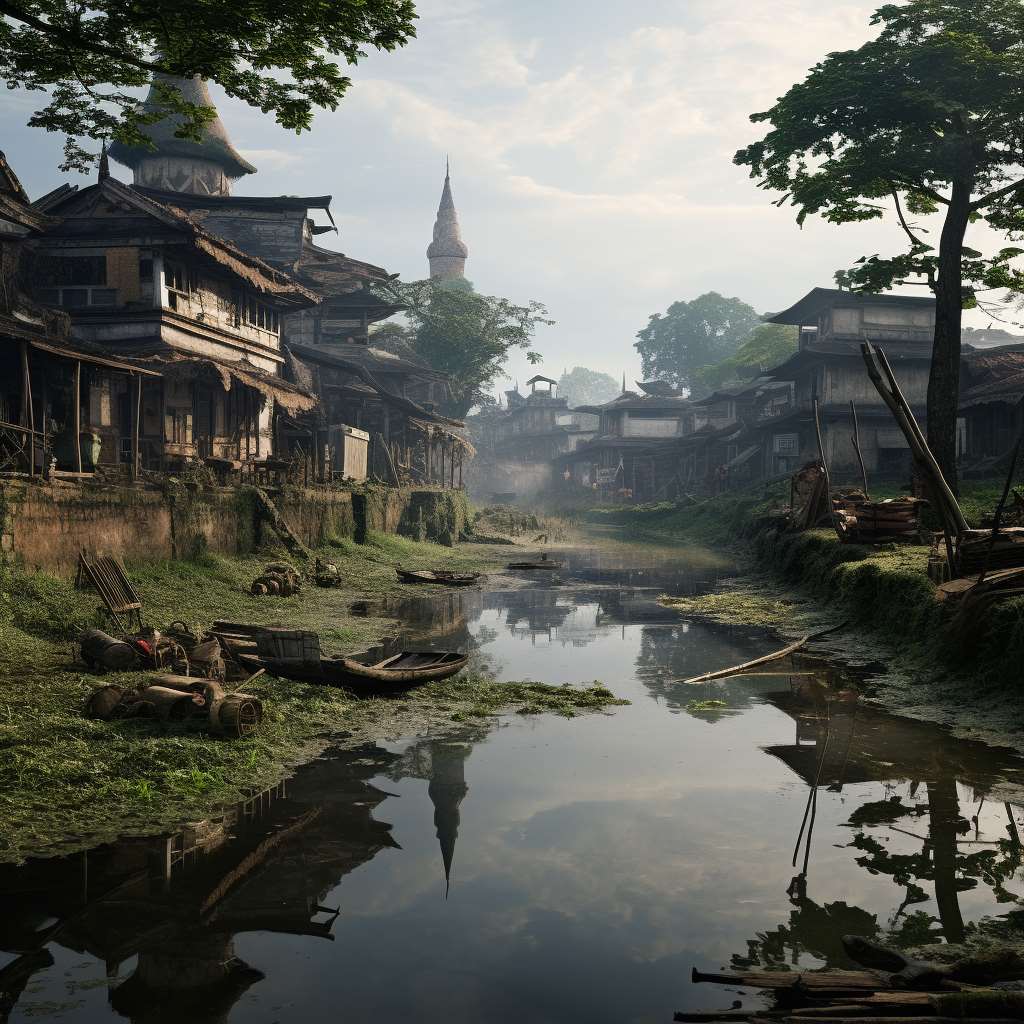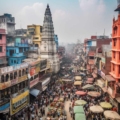Assam, a state nestled in the northeastern part of India, is a land of vibrant culture, diverse landscapes, and warm hospitality. Known for its tea gardens, lush greenery, and the mighty Brahmaputra River, Assam offers a unique blend of natural beauty and rich heritage. If you’re planning a visit to this enchanting region, here are some must-visit places that will make your journey unforgettable.
1. Kaziranga National Park
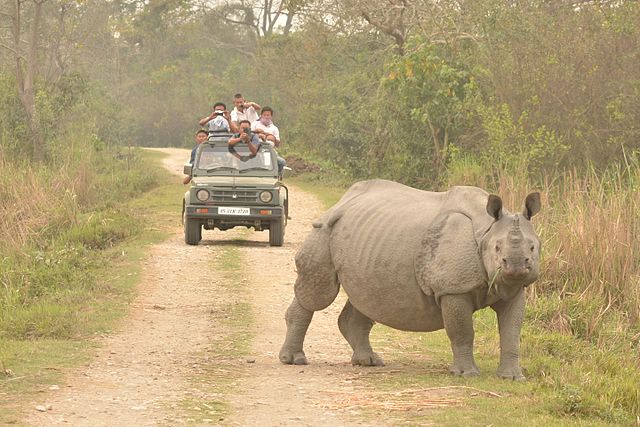
Famous for its one-horned rhinoceros, Kaziranga National Park is a UNESCO World Heritage Site and a haven for wildlife enthusiasts. The park is home to a variety of flora and fauna, including elephants, tigers, and numerous bird species. Embark on a thrilling safari to witness the incredible biodiversity that thrives in this conservation success story.
2. Majuli Island
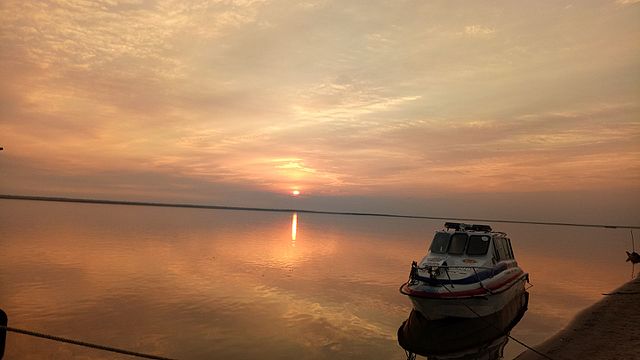
Known as the world’s largest river island, Majuli is a cultural hotspot in Assam. This island in the Brahmaputra River is a melting pot of Assamese culture, with numerous Satras (traditional Vaishnavite monasteries) dotting the landscape. Majuli offers a serene escape, where you can explore local traditions, witness traditional dance and music, and enjoy the picturesque sunsets.
3. Kamakhya Temple
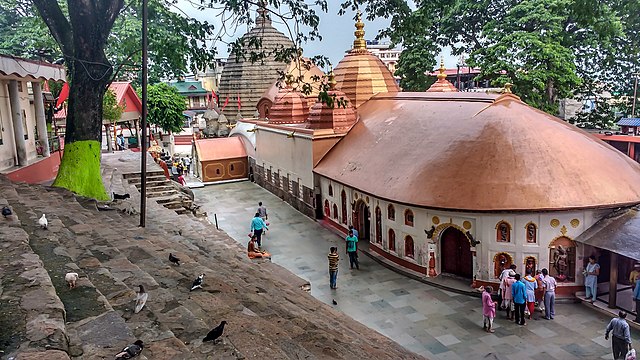
Perched atop the Nilachal Hill in Guwahati, the Kamakhya Temple is one of the holiest shrines in Hinduism. Dedicated to the goddess Kamakhya, this ancient temple attracts pilgrims and tourists alike. The architecture, surrounded by lush greenery, provides a breathtaking view of the city and the Brahmaputra River.
4. Sivasagar
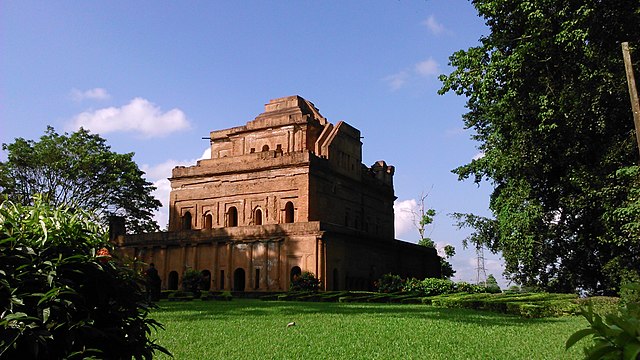
Formerly the capital of the Ahom Kingdom, Sivasagar is a historical treasure trove with monuments dating back to the 18th century. The Shiva Dol, a massive temple dedicated to Lord Shiva, and the Rang Ghar, an amphitheater used for cultural events, showcase the architectural prowess of the Ahom dynasty. The Talatal Ghar, a multi-storied palace, is another must-visit attraction in Sivasagar.
5. Manas National Park
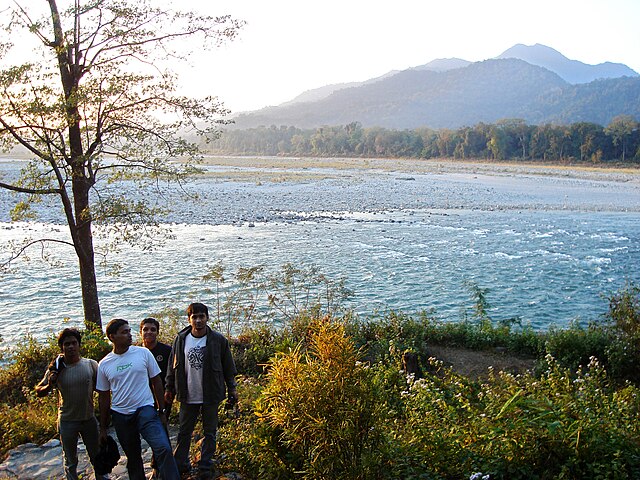
A UNESCO World Heritage Site, Manas National Park is known for its pristine beauty and diverse wildlife. The park is home to the endangered Bengal tiger, Indian one-horned rhinoceros, and pygmy hog. The lush forests, grasslands, and the Manas River flowing through the park create a mesmerizing landscape for nature enthusiasts.
6. Hajo
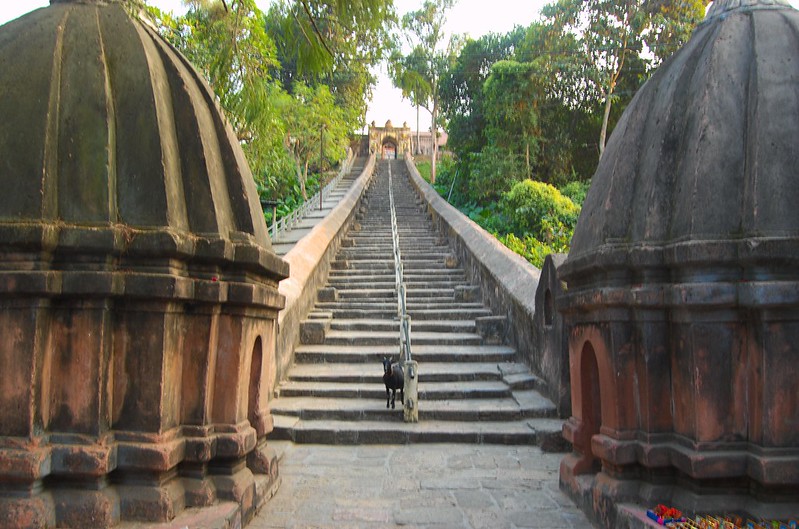
Hajo is a town with religious significance for Hindus, Buddhists, and Muslims, making it a unique destination for spiritual exploration. Visit the Hayagriva Madhava Temple, Hajo Powa Mecca (a mosque), and the 18th-century Buddhist temple, Hajo Pukhuri, to experience the harmonious coexistence of different religious communities.
7. Jorhat
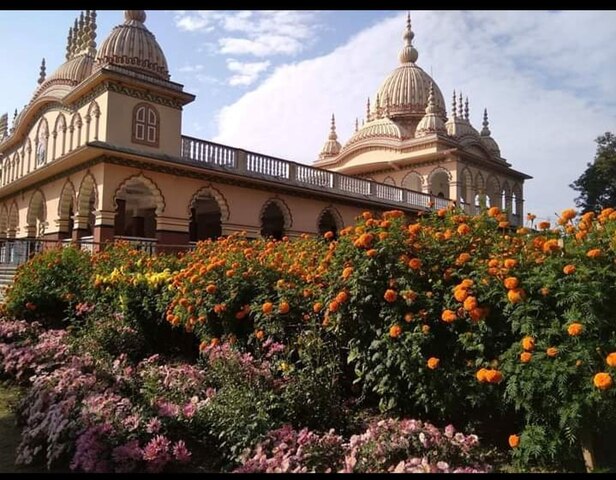
Known as the Tea Capital of India, Jorhat is surrounded by sprawling tea estates and lush landscapes. Take a tour of one of the tea estates to witness the tea-making process, from plucking the leaves to the final production. Jorhat also houses historical sites like the Lachit Borphukan’s Maidam and the Tocklai Tea Research Institute.
Conclusion
Assam, with its diverse landscapes and rich cultural heritage, offers a travel experience like no other. From the wildlife sanctuaries to the historical monuments, the tea gardens to the river islands, every corner of Assam has something unique to offer. So, pack your bags and get ready to immerse yourself in the enchanting beauty of Assam.
(FAQs) about Assam and traveling to the region
Q1: Where is Assam located?
Located in the northeastern part of India, Assam shares its borders with Bhutan and Arunachal Pradesh to the north, Nagaland and Manipur to the east, Mizoram to the south, and Meghalaya, Tripura, and Bangladesh to the west.
Q2: What is the best time to visit Assam?
The best time to visit Assam is during the winter months, from November to March, when the weather is cool and pleasant. This is also the ideal time for wildlife safaris in national parks like Kaziranga.
Q3: How do I reach Assam?
Assam is well-connected by air, rail, and road. The Lokpriya Gopinath Bordoloi International Airport in Guwahati is a major airport, and there are also airports in cities like Dibrugarh and Silchar. The state has a robust railway network, and major cities are connected by well-maintained roads.
Q4: What is the traditional food of Assam?
Assamese cuisine is diverse and flavorful. Traditional dishes include Assam Laksa, Masor Tenga (fish curry), Assam tea, and various rice-based preparations. Bamboo shoots and locally grown herbs are commonly used in Assamese cooking.
Q5: Are there any cultural festivals celebrated in Assam?
Yes, Assam is known for its vibrant festivals. Bihu is the most important festival, celebrated with dance, music, and traditional rituals. Other festivals include Durga Puja, Ambubachi Mela, and the Jonbeel Mela.
Q6: What are the main attractions in Guwahati?
Guwahati, the capital city of Assam, has several attractions including the Kamakhya Temple, Umananda Island, Assam State Museum, and the Assam State Zoo. The city is also a gateway to other destinations in the state.
Q7: Can I explore the Brahmaputra River during my visit?
Yes, the Brahmaputra River plays a significant role in Assam’s landscape. River cruises are available, offering a unique perspective of the surroundings. Ferry services are also available to explore river islands like Majuli.
Q8: Is Assam safe for tourists?
Assam is generally safe for tourists, but like any travel destination, it’s essential to take standard safety precautions. Be mindful of local customs, use reliable transportation, and stay informed about the current situation.
Q9: What are the accommodations like in Assam?
Assam offers a range of accommodations to suit different budgets. In cities like Guwahati and Jorhat, you’ll find hotels, guesthouses, and resorts. In more rural areas, homestays and eco-friendly lodges provide a unique and immersive experience.
Q10: Are there any restrictions for visiting wildlife sanctuaries in Assam?
Visitors to wildlife sanctuaries like Kaziranga and Manas need to follow guidelines to ensure the safety of both tourists and wildlife. It’s advisable to take guided safaris and adhere to the park’s rules and regulations.
